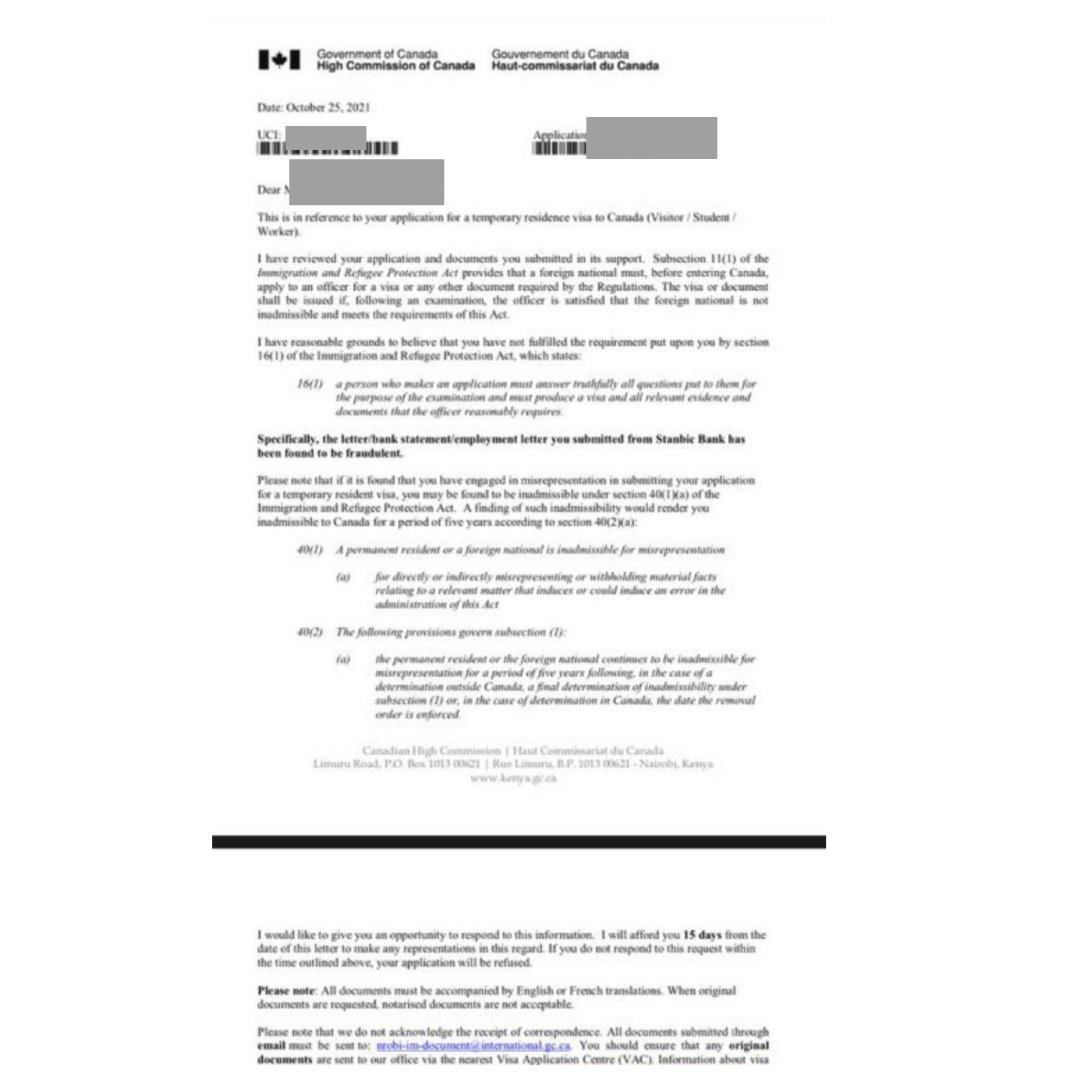
Important update for those looking to work or immigrate to Canada in 2022. IRCC have made major changes to the Canadian immigration system, here are key things to note:
1. The National occupation classification (NOC) system is going to be updated to a "TEER" system in 2022.
1. The National occupation classification (NOC) system is going to be updated to a "TEER" system in 2022.
2. The new "TEER" system is a six-category system that outlines the level of Training, Education, Experience & Responsibilities for each occupation.The six categories are TEER 0, 1, 2, 3, 4 & 5.
3. Under the "TEER" system, occupations will have a 5 digit code instead of 4 digits
3. Under the "TEER" system, occupations will have a 5 digit code instead of 4 digits
4. The implication of this new "TEER" system to intending immigrants or workers is that some people may now find themselves eligible for additional programs since their work experience has been reclassified. Others may find themselves no longer eligible for the same reason.
5. This new "TEER" system will be implemented by fall, 2022. This is because the federal gov't wants to give stakeholders, including immigration applicants enough time to learn about how the new "TEER" system works and how it may affect them.
Here are the 6 TEER categories:
TEER 0
• Management occupations.
TEER 1
• Completion of a university degree (bachelor’s, master’s or doctorate); or
• Several years of experience in a specific occupation from TEER category 2 (when applicable).
TEER 0
• Management occupations.
TEER 1
• Completion of a university degree (bachelor’s, master’s or doctorate); or
• Several years of experience in a specific occupation from TEER category 2 (when applicable).
TEER 2
• Completion of a post-secondary education program of two to three years at community college, institute of technology or CÉGEP; or
• Completion of an apprenticeship training program of two to five years; or
• Completion of a post-secondary education program of two to three years at community college, institute of technology or CÉGEP; or
• Completion of an apprenticeship training program of two to five years; or
• Occupations with supervisory or significant safety (police officers and firefighters) responsibilities; or
• Several years of experience in a specific occupation from TEER category 3 (when applicable).
• Several years of experience in a specific occupation from TEER category 3 (when applicable).
TEER 3
• Completion of a post-secondary education program of less than two years at community college, institute of technology or CÉGEP; or
• Apprenticeship training of less than 2 years; or
• More than six months of on-the-job training,
• Completion of a post-secondary education program of less than two years at community college, institute of technology or CÉGEP; or
• Apprenticeship training of less than 2 years; or
• More than six months of on-the-job training,
courses or specific work experience with some secondary school education; or
• Several years of experience in a specific occupation from TEER category 4 (when applicable).
• Several years of experience in a specific occupation from TEER category 4 (when applicable).
TEER 4
• Completion of sec school; or
• Several weeks of on-the-job training with some sec school education; or
• Several years of experience in a specific occupation from TEER category 5 (when applicable).
TEER 5
• Short work demonstration & no formal educational required
• Completion of sec school; or
• Several weeks of on-the-job training with some sec school education; or
• Several years of experience in a specific occupation from TEER category 5 (when applicable).
TEER 5
• Short work demonstration & no formal educational required
• • •
Missing some Tweet in this thread? You can try to
force a refresh






